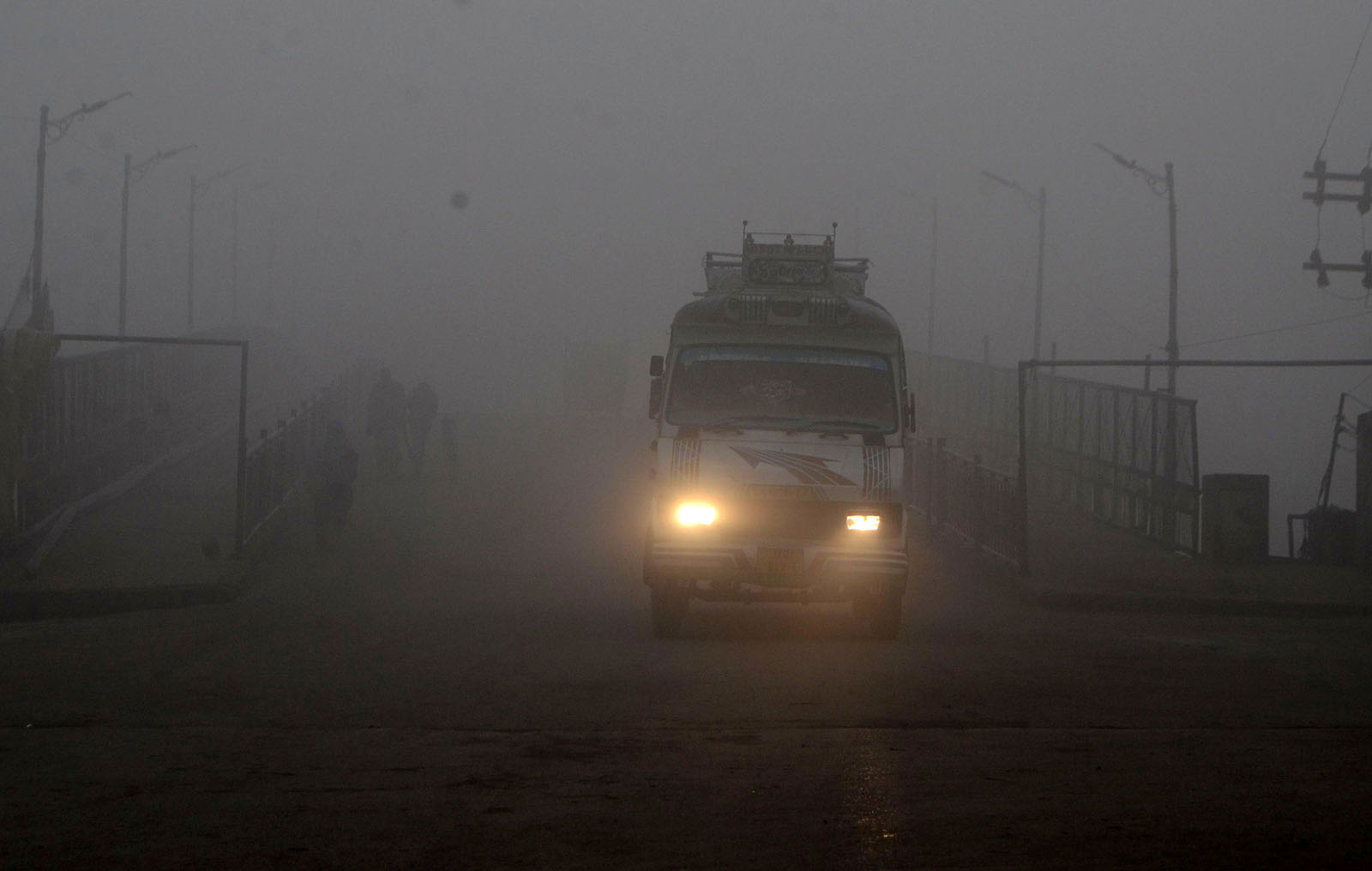The Structure of India gives a number of important mandates to guard the rights of minorities. Let’s discover among the key provisions:
Article 14: Equality Earlier than the Legislation – This text ensures the best to equality earlier than the legislation and equal safety of legal guidelines for all people, no matter their faith, race, caste, intercourse, or hometown.
Article 15: Prohibition of
Discrimination – Article 15(1) prohibits discrimination in opposition to residents on grounds of faith, race, caste, intercourse, or hometown. Article 15(2) additional reinforces this prohibition by empowering the State to make particular provisions for the development of any socially and educationally backward lessons of residents or for Scheduled Castes and Scheduled Tribes.
Article 16: Equality of Alternative in Public Employment – Article 16(1) ensures that every one residents have an equal alternative for employment or appointment to any workplace below the State, with out discrimination based mostly on faith, race, caste, intercourse, descent, hometown, or residence.
Article 25: Freedom of Faith – Article 25(1) ensures the liberty of conscience and the best to freely profess, observe, and propagate faith, topic to public order, morality, and different basic rights.
Article 28: Freedom of Faith in Instructional Establishments – Article 28 ensures that no non secular instruction is obligatory in any academic establishment wholly maintained by the State. It additionally protects the liberty of attendance at non secular instruction or non secular worship in academic establishments.
Article 30: Proper to Set up and Administer Instructional Establishments – Article 30(1) grants the best to all non secular and linguistic minorities to determine and administer academic establishments of their alternative. Moreover, Article 30(2) ensures that minority-managed academic establishments will not be discriminated in opposition to in issues of receiving support from the State.
Article 350-B: Particular Officer for Linguistic Minorities – This modification inserted Article 350-B into the Structure, which acknowledges the necessity for a Particular Officer for Linguistic Minorities in India. This officer performs a vital function in safeguarding the linguistic rights of minority communities.
Minority Rights Day, noticed yearly on December 18, is a vital event in India that goals to safeguard the rights of minority communities. It serves as a platform to spotlight the importance of freedom, equality, and inclusivity for all residents. This 12 months, the theme for the observance was “Celebrating Range and Inclusion,” which emphasizes the promotion and celebration of the varied cultures and backgrounds of minority teams in India. Numerous historic elements have contributed to the formation of minority communities, together with Muslim, Anglo-Indian, Christian, and others. These communities have numerous cultural, non secular, and linguistic identities, making India a melting pot of minorities. The observance of Minority Rights Day in India holds nice significance in selling social concord, respect, and understanding amongst completely different non secular and ethnic communities. The United Nations Declaration on the Rights of Individuals Belonging to Nationwide or Ethnic, Non secular, and Linguistic Minorities, adopted on December 18, 1992, serves as the inspiration for this observance. It highlights the significance of recognizing and upholding the nationwide, cultural, and non secular identities of minorities. In India, the Nationwide Fee for Minorities performs a vital function in selling and defending the rights of minority communities.
Organizations Safeguarding Minority Rights in India
A number of organizations in India work in direction of defending and selling the rights of minority communities. Let’s check out a few of them:
Minority Fee – The Minority Fee is a statutory physique established by the Authorities of India to safeguard the pursuits and rights of minorities. It performs a vital function in addressing grievances and guaranteeing the general welfare of minority communities.
The Sachar Committee – The Sachar Committee was fashioned to check the socio-economic and academic standing of Muslims in India. Its findings and suggestions have contributed to numerous initiatives aimed on the upliftment of Muslims and bridging the gaps in training, employment, and different areas.
Rang Nath Mishra Fee – The Rang Nath Mishra Fee was established to analyze and suggest measures to deal with the socio-economic and academic backwardness of minorities, significantly Muslims. Its suggestions have been instrumental in formulating insurance policies and schemes for minority upliftment.
Multi-Sectoral Improvement Programme – The Ministry of Minority Affairs implements the Multi-Sectoral Improvement Programme, which goals to deal with the event deficits confronted by minority communities. This system focuses on areas equivalent to training, well being, ability growth, and infrastructure.
Nationwide Fee for Minorities (NCM) – The Nationwide Fee for Minorities is a statutory physique established to guard and safeguard the rights of minorities in India. It really works in direction of selling communal concord, addressing grievances, and guaranteeing the efficient implementation of minority rights.
Extra Data:
The Ministry of Minority Affairs additionally implements numerous scholarships and monetary help schemes to assist minority college students of their academic pursuits.
Minority communities in India embody Muslims, Christians, Sikhs, Buddhists, Jains, Parsis, and others.
Efforts are being made to bridge the tutorial and socio-economic gaps confronted by minority communities by initiatives just like the Maulana Azad Nationwide Fellowship, Pre-Matric and Submit-Matric Scholarships, and the Nai Roshni scheme.
#Opinion #Rights #Minorities #India #Defending #Equality #Inclusion
Kashmir Tourism
Kashmir News
Source Link



